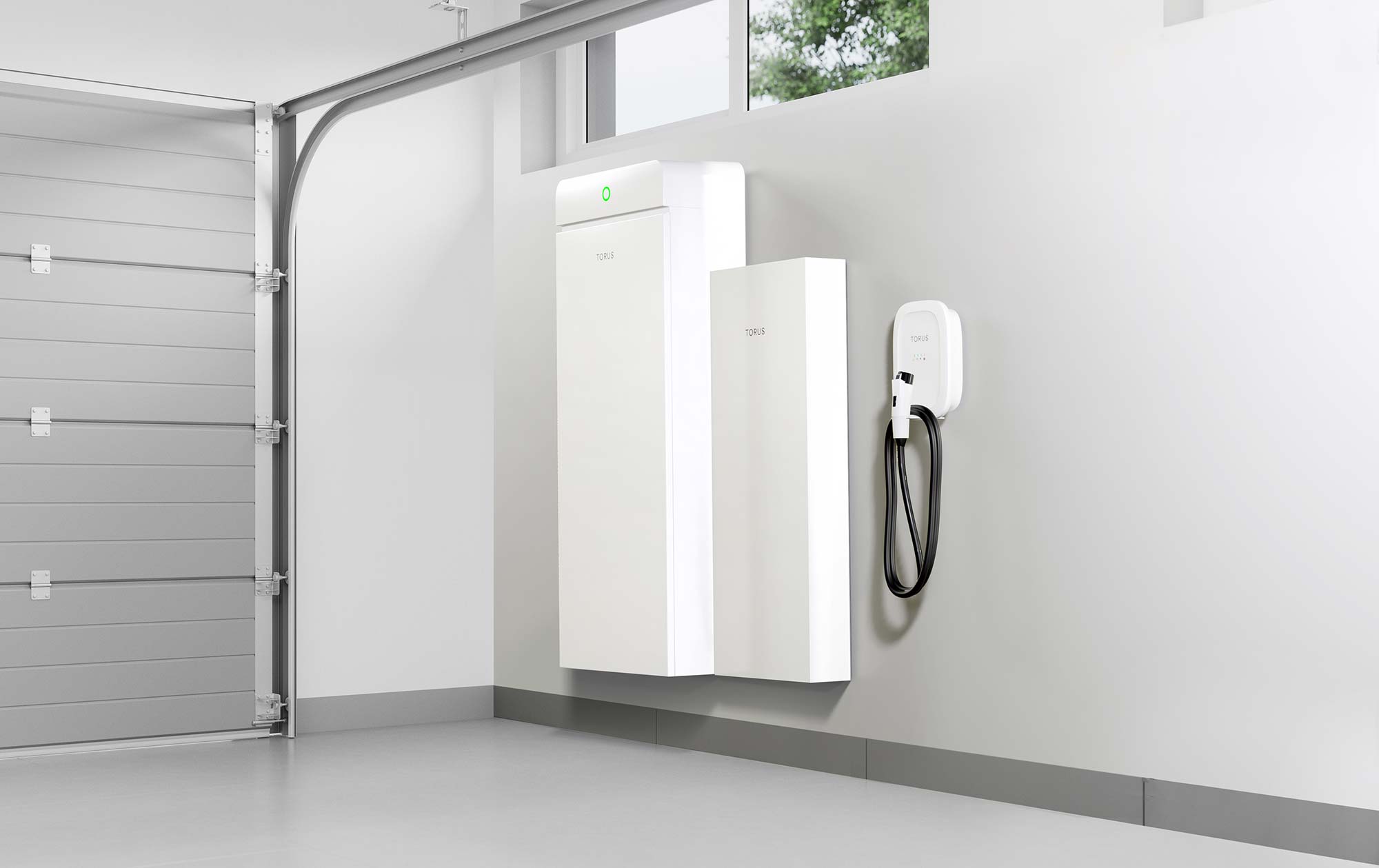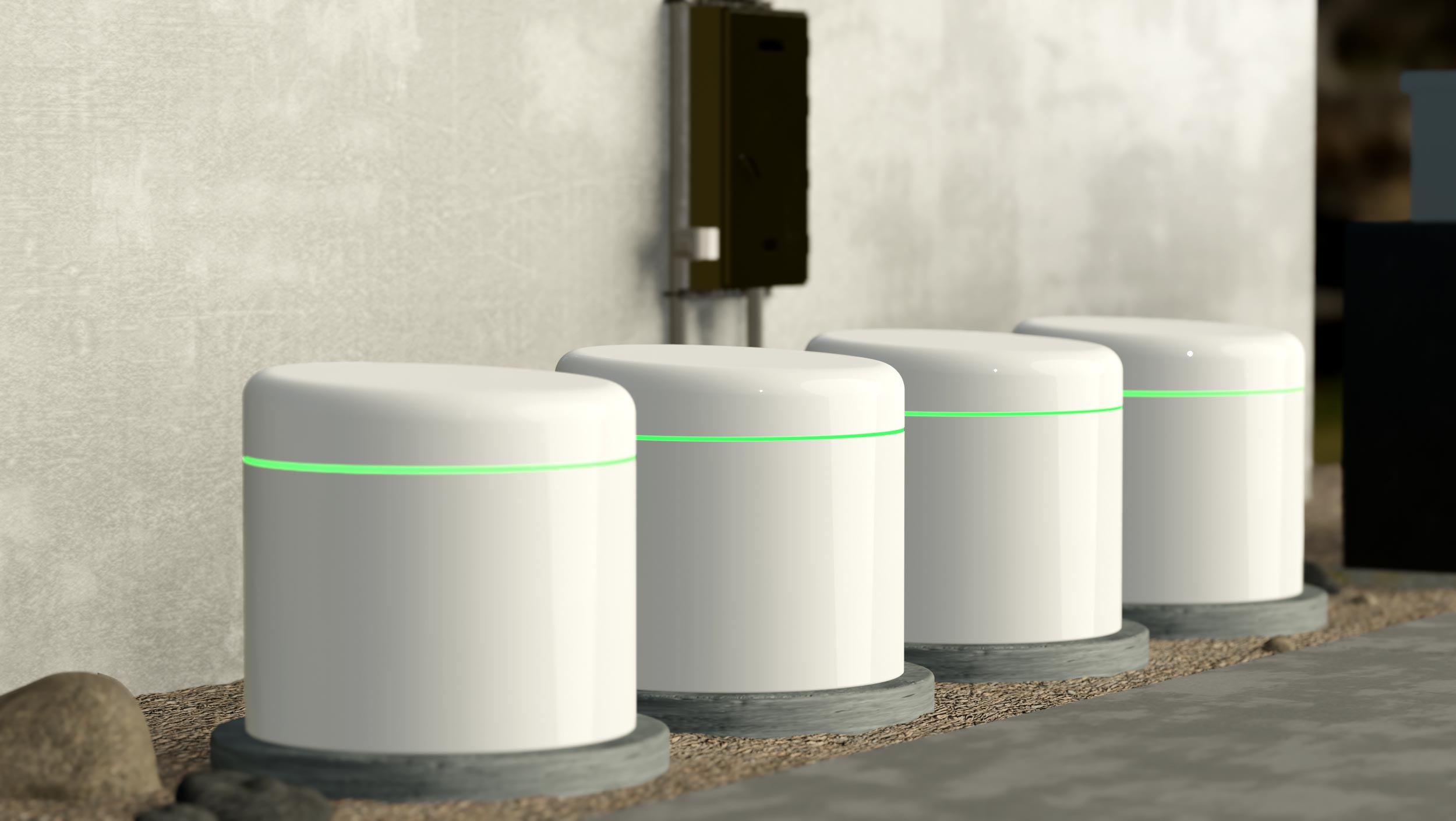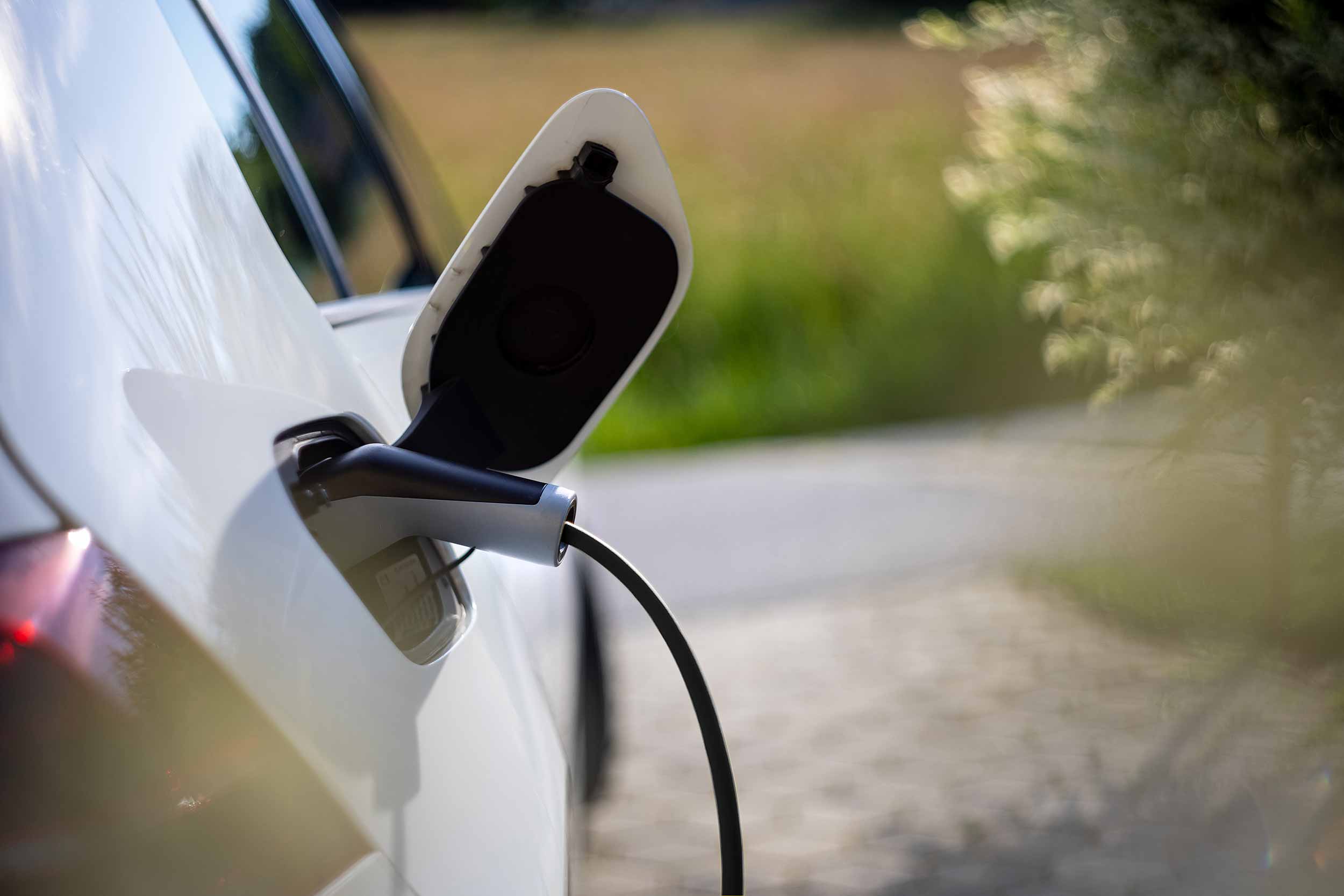Is solar power suitable for your home?
Switching to solar energy is an appealing option for homeowners seeking clean, renewable power and potential cost savings. However, before embarking on a solar journey, it's essential to evaluate whether solar is suitable for your home. Factors such as your location, roof characteristics, energy consumption, and financial considerations play a crucial role in determining the feasibility of solar installation. In this article, we will guide you through the process of assessing if solar energy is a suitable choice for your home.
Assess Your Location:
The amount of sunlight your location receives is a critical factor in determining the suitability of solar energy. Consider the following:
- Solar Resource Potential: Research the average annual sunlight in your region. Areas with abundant sunlight, such as the southwestern United States, are ideal for solar installations.
- Shade Analysis: Assess potential shading issues caused by nearby trees, buildings, or other obstructions. Shade can reduce solar panel efficiency, impacting energy production.
Evaluate Your Roof:
Your roof's characteristics can impact the feasibility of solar installation. Consider the following:
- Orientation and Tilt: Determine if your roof has a suitable orientation (south-facing is optimal) and tilt angle to maximize solar exposure.
- Age and Condition: Evaluate the age and condition of your roof. Solar panels have a lifespan of 25-30 years, so ensure your roof can support them for the long term.
- Available Roof Space: Assess the available roof space to accommodate the desired solar system size. Consider obstructions like chimneys or skylights.
Analyze Energy Consumption:
Understanding your energy consumption patterns is crucial for sizing your solar system appropriately. Consider the following:
- Historical Energy Usage: Review your past energy bills to determine your average monthly energy consumption. This information will help estimate the size of the solar system needed to offset your usage.
- Future Energy Needs: Consider any anticipated changes in your energy consumption, such as electric vehicle charging or home expansions. Account for potential increases in energy demand.
Financial Considerations:
Evaluate the financial aspects of going solar to determine if it aligns with your budget and goals:
- Cost and Budget: Research the upfront cost of solar installations and assess your budget for potential financing options. Evaluate the return on investment and payback period.
- Incentives and Rebates: Explore available solar incentives, tax credits, and rebates at the federal, state, and local levels. These can significantly offset the installation costs.
- Financing Options: Consider various financing options such as solar loans, leases, or power purchase agreements (PPAs) to make solar more affordable and accessible.
Determining if solar energy is suitable for your home requires careful consideration of multiple factors. Assessing your location's solar potential, evaluating your roof's characteristics, analyzing your energy consumption, and understanding the financial implications are essential steps in making an informed decision. Consulting with reputable solar installers and conducting a thorough analysis will help you determine if solar energy is a viable and beneficial option for your home. By embracing solar power, you can contribute to a greener future while potentially reducing your energy costs.
The Torus Station is the most effective way to create, store, and manage clean, renewable energy at home. Curious? Learn more! Interested in a free consultation? Get in touch! Ready to commit? Customize your system.




